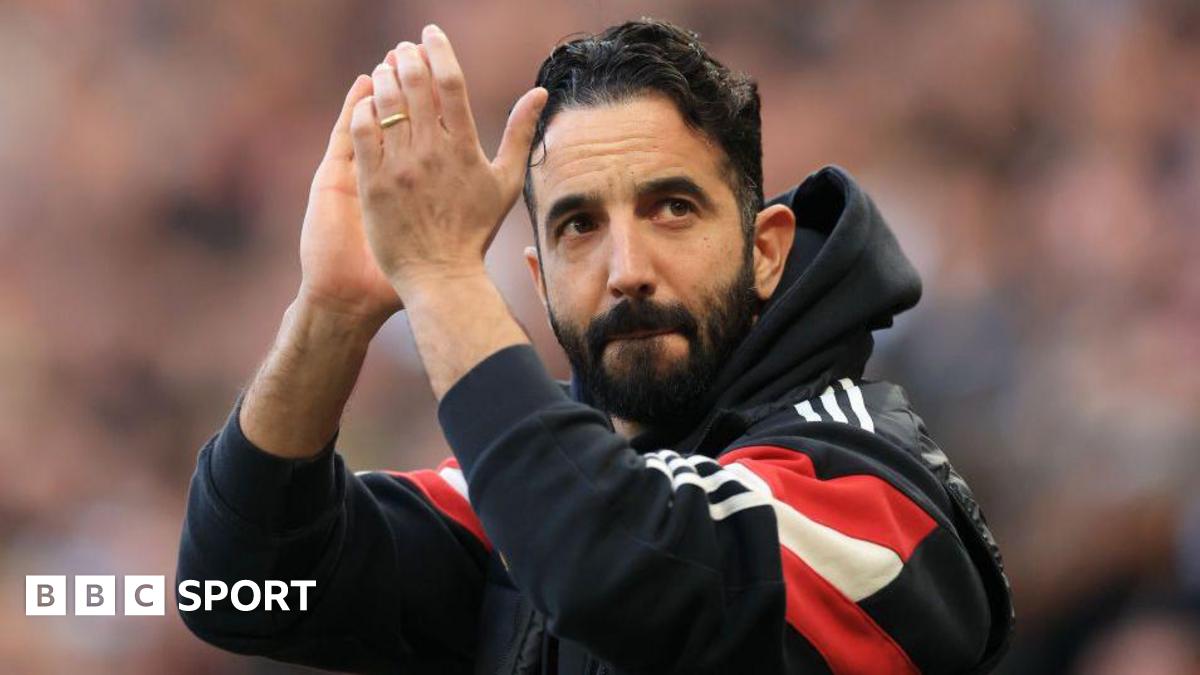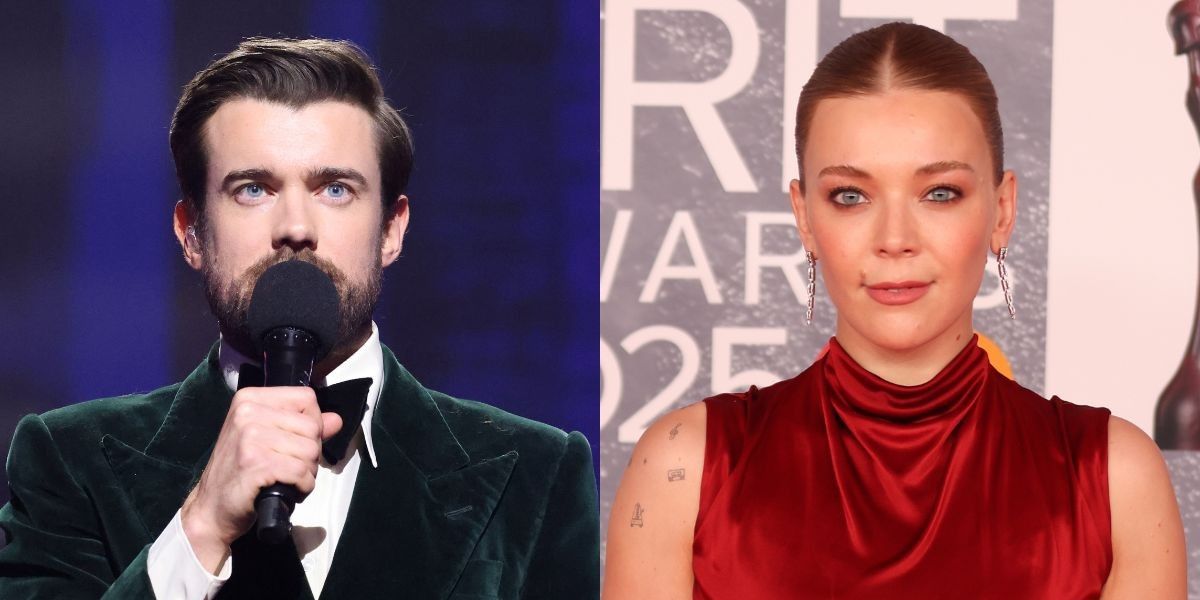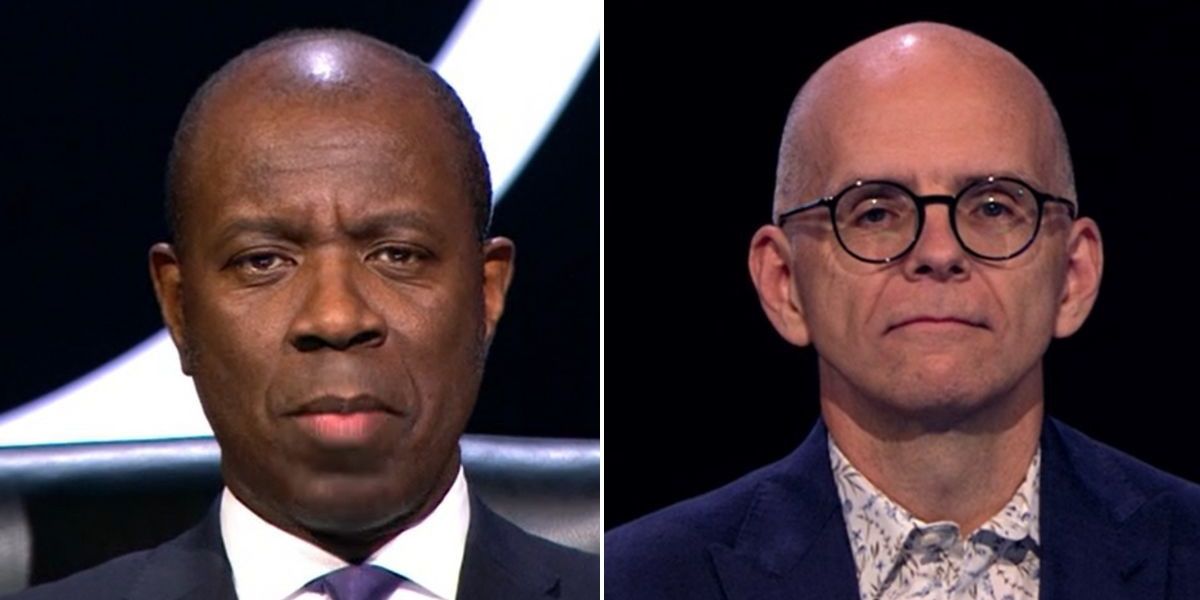Prince Harry should make a “gesture” upon his return to the UK, a Briton told GB News.
Speaking to West Midlands Reporter Jack Carson, a Birmingham resident spoke on whether the Duke of Sussex should be afforded premium security when visiting the UK.
It comes after a decision in 2020 by the committee that arranges security for members of the Royal Family and other VIPs, known as Ravec, decided Harry would not longer have the automatic level of security for senior royals.
Carson was told that Harry should pay his own way when it comes to security, but could make a “gesture” that would “please everybody” when visiting the UK.
Harry has been told to ‘make a gesture’
GB NEWS / PA
“I think he has enough money, he can do his own thing”, he said.
“But at the end of the day, he’s still the King’s son, so why not look after him?”
LATEST DEVELOPMENTS
Prince Harry is embroiled in a legal battle to win back police protection
PA
Asked whether Harry should pay for his own security, the Briton said: “He can make a gesture, can’t he?
“That would please everybody. But at the end of the day, he’s still the King’s son, so why shouldn’t he be looked after?”
It comes after the High Court was told that the Duke of Sussex was treated “less favourably” in a decision to change the level of his personal security.
Harry’s lawyers argue that a failure to carry out a risk analysis and fully consider the impact of a “successful attack” on him meant the approach to his protection was “unlawful and unfair”.
The Government says Harry’s claim should be dismissed, arguing that Ravec – which falls under the Home Office’s remit – was entitled to conclude the duke’s protection should be “bespoke” and considered on a “case-by-case” basis.
Shaheed Fatima KC, for the duke, told a hearing in London on Tuesday: “This case is about the right to safety and security of a person. There could not be a right of greater importance to any of us.”
The barrister said a “crucial” part of Ravec’s approach was an analysis carried out by the Risk Management Board (RMB), but it had chosen not to do this in Harry’s case.
She said it was the first time the body had decided to “deviate” from policy, with it adopting a “far inferior” procedure in relation to “critical safeguards”.
“No good reason has been provided for singling the claimant (the duke) out in this way,” she said, later adding that if Ravec had “properly” considered the duke’s case the outcome was likely to have been “different”.












